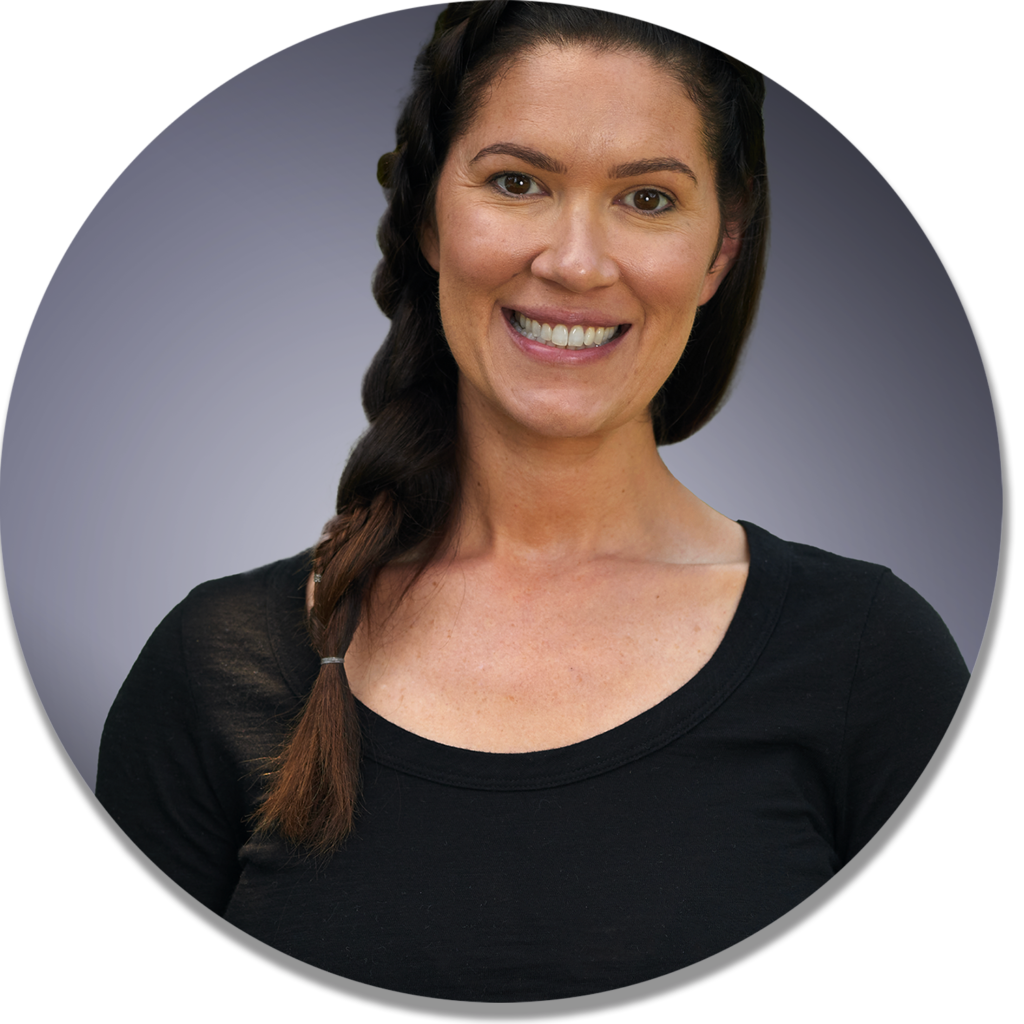Home > The Power of Discussion for Medical Emergencies: How Doulas Can Support Their Communities and Clients
The Power of Discussion for Medical Emergencies: How Doulas Can Support Their Communities and Clients
by Marady Duran, MSW, LMSW, MATD
It was around 10:30 p.m. when I heard the familiar alert, “Code critical, trauma bay two!” I hurried to the trauma bay and could see that the 90-year-old patient needed decisions on course of care. In that moment, I knew that I had to find their family to have the discussion that so many people wish to never have. I found the patient’s family in the lobby and introduced myself as the emergency room social worker. “Your family member is not doing well, and we need to know if you have advance directives for her or whether you know if she has directives for her code status. Do you want us to perform CPR and intubate? Do you want us to proceed with all lifesaving measures?” The family displayed a look that I have grown to know. That look of shock that they were in this position and the realization of the unknowing of how to answer my questions.

According to Penn Medicine, “Advance directives are the primary tool for individuals to communicate their wishes if they become incapacitated and are unable to make their own health care decisions, particularly near the end of life.”
With a whopping 63 percent of adults in the United States not having advance directives, medical teams are often left in the position of making their own decisions on what to do to care for their patients. At times, this may be in direct conflict of the wishes of the person who is being treated. However, if it is not written or otherwise communicated, the medical team members have a duty to operate on what is known as a default “full code” until they are told something else by family or health care proxy. In this case, the medical team does everything it can to resuscitate the patient.
So back to our patient’s family in the lobby. They looked at me and stated, “We do not know what they would want. We never had the discussion; she has not ever told us whether she wants CPR or not. Is she dying?” It was at this point that the emergency department tech came bursting into the lobby and said, “We need to start CPR. Can we have permission to start?” The family then reactively said, “Yes! Just don’t intubate her; she probably doesn’t want a tube down her throat!”
Here is problem number two: An uninformed family will make quick decisions without fully understanding the consequences. As I have learned from the doctors and nurses on my team, CPR and intubation in the trauma bay go hand and hand so that the respiratory therapists can give the oxygen needed while CPR is being administered. As the doctor told me when I first started, CPR when done with the CPR machine will crack ribs, which can be extremely difficult to recover from when someone is in their 90s or is frail in general. Researchers have known for decades that CPR can cause patients to break their ribs and other bones. Even a seemingly routine cardiac arrest can result in broken ribs, as the way that CPR is performed puts great force on the chest cavity.
How does this affect us as doulas? We have an integral role in how we prepare those we serve for facing end-of-life decisions. Doulas are also positioned to be community liaisons and advocates for those not dealing with a life-limiting illness who want to help themselves and their circle of care prepare for the unexpected. It can be challenging for many to have discussions about wishes should a medical emergency occur—it can feel too emotional or too hard to face, or they may not know where to start. Being a doula is so much more than bedside services for the dying.
We are all educators and advocates, and we can work with those who want to make plans for emergencies by creating advance directives and having discussions about quality of life should an emergency medical event take place. Many doulas have taken training in forming advance directives, and some doulas use tools such as the Five Wishes, Koda, and Mideo to help their clients. INELDA is leading the way in preparing doulas to support their clients in end-of-life discussions.

